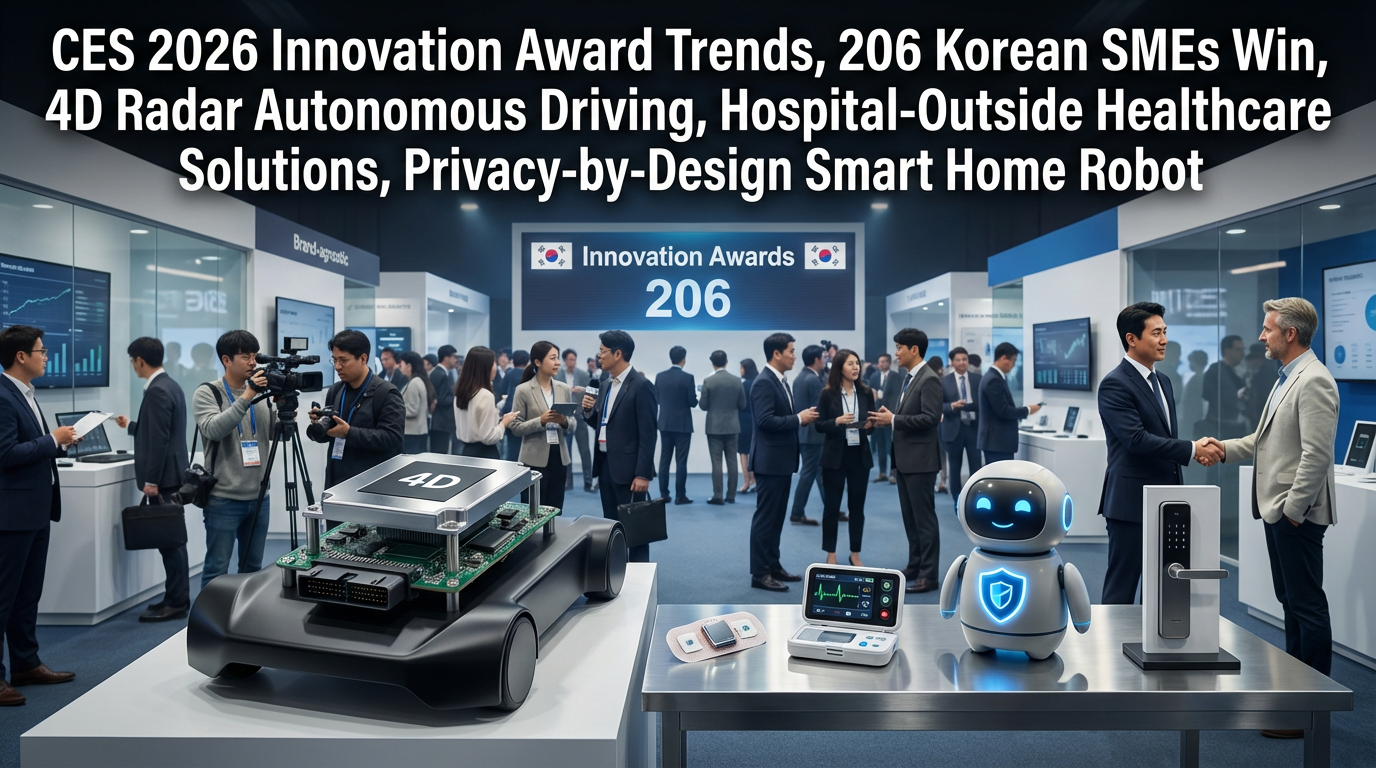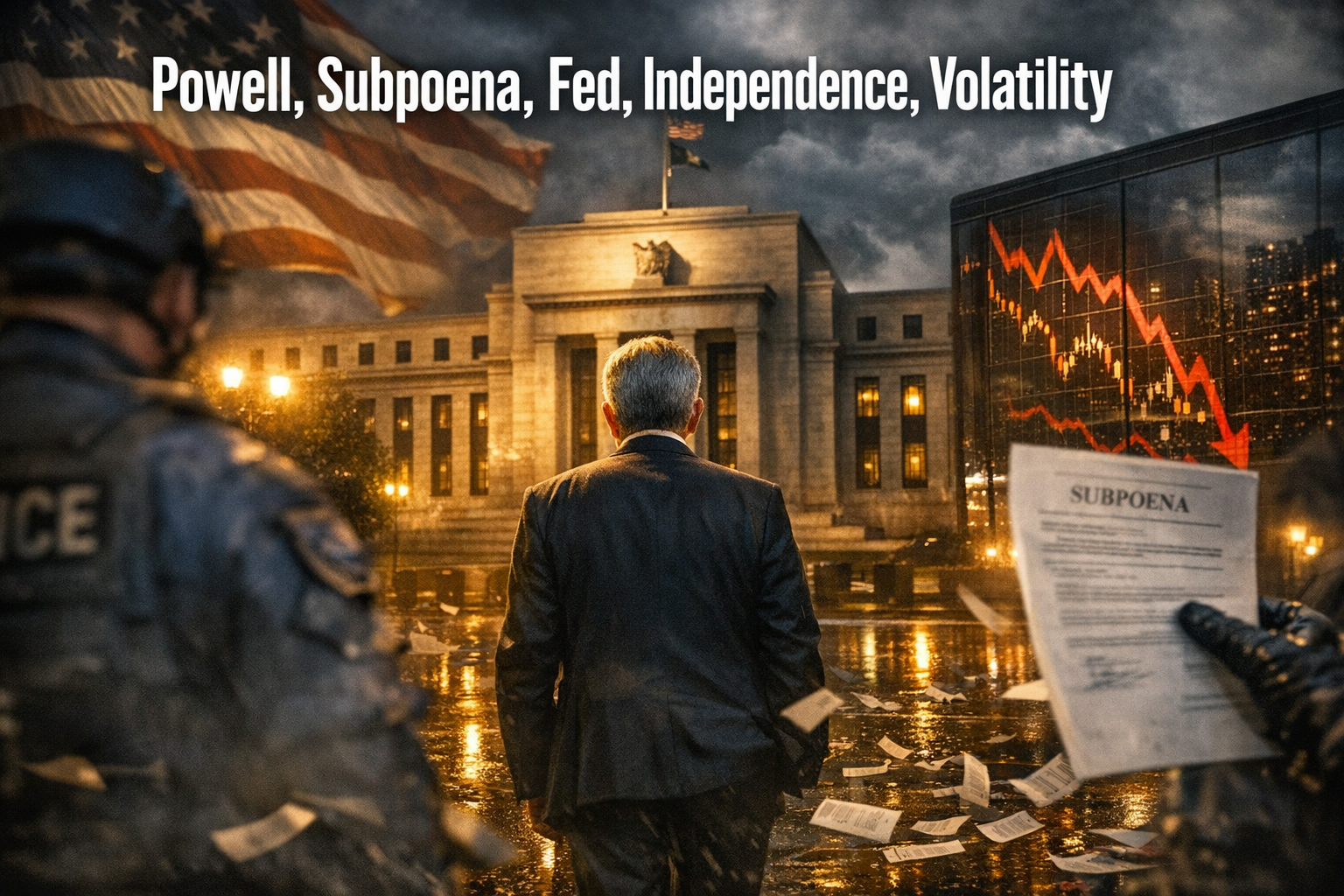JP Morgan and Tesla Relationship: Why Context Matters
JP Morgan CEO and Tesla Controversy
- JP Morgan CEO has garnered attention through public statements about Tesla and Elon Musk.
- He previously held a critical stance on Musk's statements and Tesla's business model but has recently shifted to a more positive assessment.
- Changes in his stance regarding past warrant purchases and lawsuits demonstrate a significant shift in tone within the context.
JP Morgan and Tesla Warrant Case: Chronological Summary
-
2014: JP Morgan purchased warrants to buy Tesla stock, anticipating profits from stock price increases.
-
2018:
- Musk's "Funding Secured" tweet sparked controversy.
- JP Morgan requested adjustments to the warrant exercise price (estimated at $162 million) and initiated litigation procedures.
-
2024:
- Following Trump's election, legal disputes were resolved, and agreements were reached.
- A shift in JP Morgan CEO’s evaluation was confirmed.
The Essence of Tesla and Stock Prices: Focus on Intrinsic Value Over Target Prices
- JP Morgan’s past Tesla stock price targets were mostly negative or low.
- Examples: 2020 target price of $16-$30, recently mentioning $135.
- Emphasis should be placed on Tesla’s technological innovations and actual business performance rather than target prices.
Tesla's Hardware and Software Innovations
-
Hardware Innovation:
- Use of Giga casting technology has drastically reduced the number of parts.
- Simplified from more than 300 parts in 2018 to 4 parts recently.
- This has resulted in reduced manufacturing costs and improved quality.
-
Software Development:
- Continuous updates of Full Self-Driving (FSD) technology.
- Latest versions, such as FSD 13.2.5, are being deployed in Model Y and Cybertruck.
- Strengthened AI and autonomous driving technology are expected to usher in the era of robotaxis.
Stargate Project and the Realism of OpenAI
-
$500 Billion Target:
- OpenAI has announced plans to raise astronomical funds through the Stargate Project.
- Initial participating companies: SoftBank, Oracle, MGX, etc.
-
Realistic Issues:
- Unrealistic figures when compared to the financial status of major investors.
- Examples: SoftBank's cash holdings are approximately $38 billion, and Oracle’s are $11 billion.
-
Lack of Investment Credibility:
- The total expected investment from initial funding participants is likely to be less than 10% of the target amount ($500 billion).
- Concerns raised over potentially inflated ambitions through exaggerated presentation methods.
Tesla's Q4 Earnings Call and Expectations
- Key Questions:
- Whether unsupervised FSD will be commercialized.
- Production and release schedule for Optimus robots.
- Plans for low-cost models in 2025.
- This earnings call is expected to provide crucial clues about Tesla’s future.
Conclusion: Focus on the Fundamentals and Ignore the Noise
- We should focus on Tesla’s core technologies and business fundamentals rather than target prices or rumors.
- FSD, giga casting, and new hardware innovations are important factors in long-term investment.
- OpenAI’s Stargate Project needs to be carefully evaluated.
< Summary >
- Emphasizes the importance of understanding context through past events involving JP Morgan and Tesla.
- Tesla’s technological innovations demonstrate reductions in manufacturing costs and advancements in autonomous driving technology.
- OpenAI’s Stargate Project has the potential for inflated ambitions.
- Tesla’s long-term investment value depends on its intrinsic value more than target stock prices.
- Crafted by Billy Yang
- [Related Articles at Next-Korea.com]
Tesla Technology Innovation Analysis
Future Prospects of OpenAI
*YouTube Source: [허니잼의 테슬라와 일론]
– 일론 머스크 vs 샘 올트먼, 역사상 최대 규모의 AI 투자 전쟁? NO 샘의 역사상 최대 규모의 뻥 YES

Understanding Political Risks and Economic Impacts in 2024
1. Key Political Risk Outlook
1.1 Trump and U.S. Politics
- The potential return of Trump to politics is likely to have a significant impact on the U.S. political and economic landscape.
- Long-term conflicts between the Republican and Democratic parties act as additional variables in the policy-making process.
- The direction of foreign policy could drastically change, especially depending on the results of the 2024 U.S. presidential election.
1.2 U.S.-China Strategic Competition
- The U.S.-China conflict should be understood as a struggle for hegemony, not just an economic issue.
- Restrictive policies such as tariffs and technology transfer bans are likely to persist, which could exacerbate global supply chain instability.
- The U.S. is expected to focus on strengthening military partnerships and alliances to curb China's influence in Asia.
2. The Nature of Economic Conflicts Between Nations
2.1 Changes in the Global Trade Order
- The free trade order, previously led by the U.S., is weakening.
- Conflicts between countries directly affect global supply chains, creating new risks for businesses.
- Trade-centric nations, like South Korea, will feel this impact more directly.
2.2 Economic Repercussions of Korea-Japan and Korea-China Conflicts
- Deteriorating relations with Japan could impact the South Korean semiconductor industry.
- Tensions with China may cause difficulties for South Korean consumer goods and manufacturers in finding alternative markets.
3. Understanding U.S. Geopolitical Strategy
3.1 Geopolitical Security and Economic Dilemmas
- The U.S. has a "natural security environment" protected by the Pacific and Atlantic Oceans.
- However, economic connections with Asia and Europe are essential, necessitating a strengthening of regional alliances.
- This strategy aims to prevent the rise of a new hegemonic power (China or Russia).
3.2 Asian Strategy and Military Pressure
- The U.S. is emphasizing security cooperation with allies to curb China's military and economic growth.
- Particularly, any changes in the willingness or strategy to intervene in the Taiwan issue are factors that increase future risks.
- China is also devising various diplomatic and economic strategies to counter U.S. pressure.
4. South Korea's Options and Countermeasures
4.1 Reducing Dependence on China
- As strategic competition between the U.S. and China continues, South Korea must reduce its dependence on China.
- Competition in existing markets is intensifying, especially as the quality and quantity of Chinese manufacturing accelerates.
4.2 Securing Alternative Markets
- Diversifying access to emerging markets such as India, Southeast Asia, and the Middle East is necessary.
- Risk management is essential in case the existing Chinese consumer market collapses.
4.3 Need for Innovative Industrial Policies
- The key to solving South Korea's problems lies in fostering innovative technologies and a creative startup ecosystem.
- Policy openness should aim for the country to become a hub in next-generation industries (e.g., AI, electric vehicles, cutting-edge semiconductor technology).
- Strengthening the global network by attracting foreign companies (e.g., Dyson, Tesla) is crucial.
5. Direction of Industrial Policy Shift
5.1 "Open Playground" Approach
- Establish a system where companies can freely innovate and experiment, rather than the existing regulation-centered industrial policy.
- Attract innovative foreign companies like Tesla, and provide an environment for experimental projects through relaxed regulations.
5.2 Decentralization and Competition Promotion
- Provide more freedom and resources to local governments to stimulate competition in institutional and regulatory easing.
- This will promote the growth of startups and innovative companies and revitalize regional economies.
< Summary >
- The U.S.-China strategic competition and the political direction of the U.S. are expected to significantly affect the global economy and South Korean businesses.
- South Korea needs to reduce its dependence on China, focus on alternative markets, and adopt open policies to attract innovative technologies and global companies.
- To minimize economic risks, it is crucial to encourage cooperation between local governments and companies, as well as regulatory easing that promotes free and creative innovation.
- Crafted by Billy Yang
- [Related Articles at Next-Korea.com]
U.S.-China Strategic Competition and the Future of Supply Chains
South Korea's Economic Strategy Through Innovative Technology
*YouTube Source: [Jun’s economy lab]
– 한국경제가 어려워질겁니다(ft.이재준 작가 2부)



